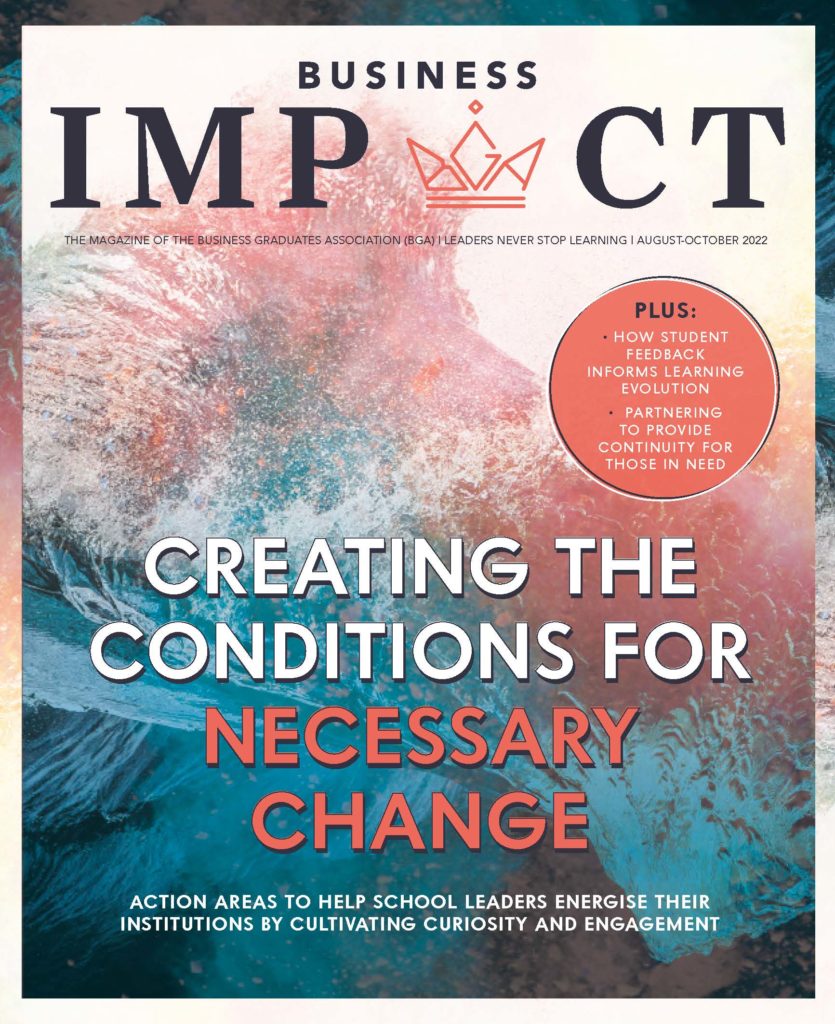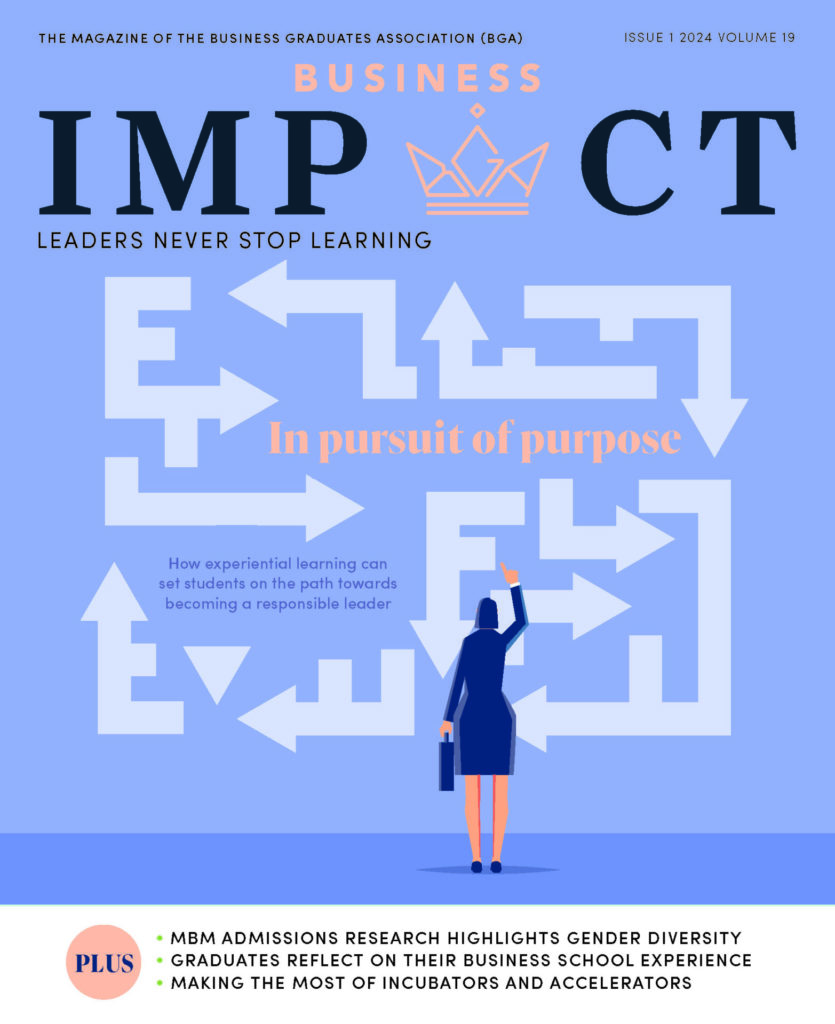
Diving in: action learning with impact
Experiential learning projects offer rich potential for showcasing positive social impact at business schools. Splash Projects MD Simon Poole outlines their value at a time when institutions are increasingly being judged on their contribution to sustainable development and purpose over profit







